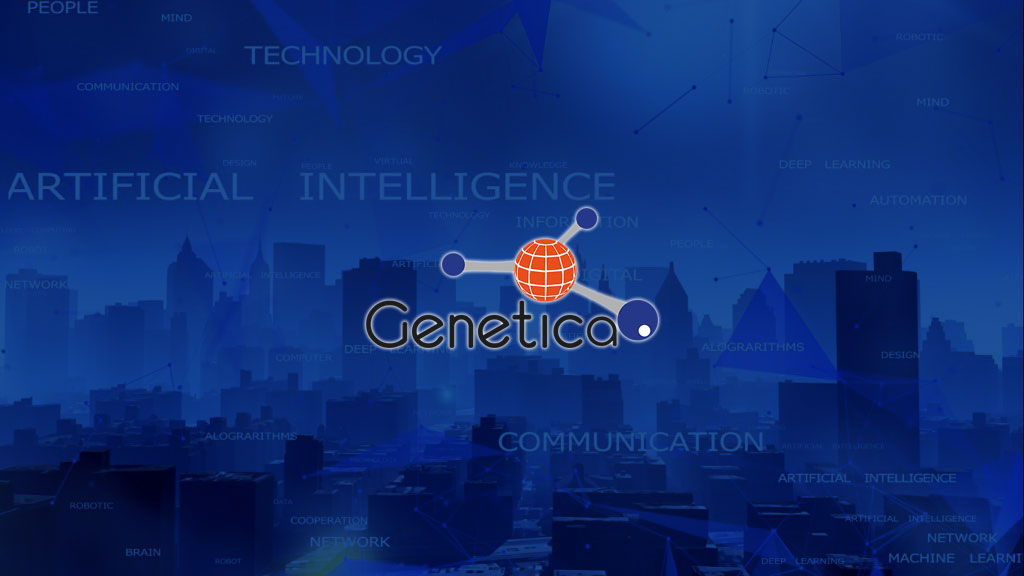Autonomous AI, also known as “autonomous systems,” is a type of artificial intelligence capable of making decisions and taking actions independently, without human intervention. The importance of autonomous AI cannot be overstated, as it has the potential to transform a wide range of industries and has a significant impact on society.
Autonomous AI’s main benefits are the ability to improve efficiency and productivity. By automating routine tasks and making decisions independently, autonomous AI systems can help organizations to reduce the burden on human workers and allow them to focus on more complex tasks. This can help improve an organization’s overall efficiency and drive real business value.
In the manufacturing industry, for example, autonomous AI systems can automate production processes, reducing the need for human labor and increasing productivity. In the transportation industry, autonomous AI systems can be used to operate self-driving vehicles, reducing the need for human drivers and improving safety. Autonomous AI systems can handle routine inquiries and complaints in the customer service industry, allowing human customer service representatives to focus on more complex issues.
Another important benefit of autonomous AI is the ability to improve safety. In industries such as transportation and manufacturing, autonomous AI systems can help to reduce the risk of accidents and injuries by making decisions and taking actions based on real-time data and analysis. For example, autonomous AI systems can be used to monitor equipment and alert human workers to potential hazards or to take evasive action to avoid accidents in self-driving vehicles.
In addition to improving efficiency and safety, autonomous AI has the potential to drive innovation and create new opportunities. By automating routine tasks and making decisions independently, autonomous AI systems can help organizations to explore new ideas and approaches that may not have been possible with human-only systems. For example, autonomous AI systems can analyze large amounts of data and identify patterns and trends that may not be visible to human analysts, enabling organizations to make more informed and timely decisions.
However, successfully implementing autonomous AI systems requires organizations to address several challenges. One of the critical challenges is the need to ensure the quality and integrity of the data used to train and operate the systems. Autonomous AI systems must be fed high-quality data to make accurate decisions and take appropriate actions. This requires organizations to have robust data management processes to ensure the data’s accuracy and completeness.
Another challenge is building trust and confidence in autonomous AI systems among stakeholders. For autonomous AI systems to be effective, employees and customers must understand how the systems work and have confidence in their ability to make accurate and reliable decisions. This can be achieved through transparent communication, training, and ongoing monitoring and evaluation of the AI system’s performance.
Overall, the importance of autonomous AI cannot be overstated. Autonomous AI can automate routine tasks and make decisions independently, improve efficiency and productivity, improve safety, and drive innovation and new opportunities. By addressing data quality challenges and building trust and confidence in the system, organizations can leverage the full potential of autonomous AI and drive real business value.
Genetica’s Guardian module sits on top of layers of services, components, rules, and predictors and intuitively creates autonomous agents for receiving, monitoring, processing, and acting on real-time data – without the need to write a single line of code.
Like to know more? Contact Genetica @: www.genetica.ai/contact-us/

